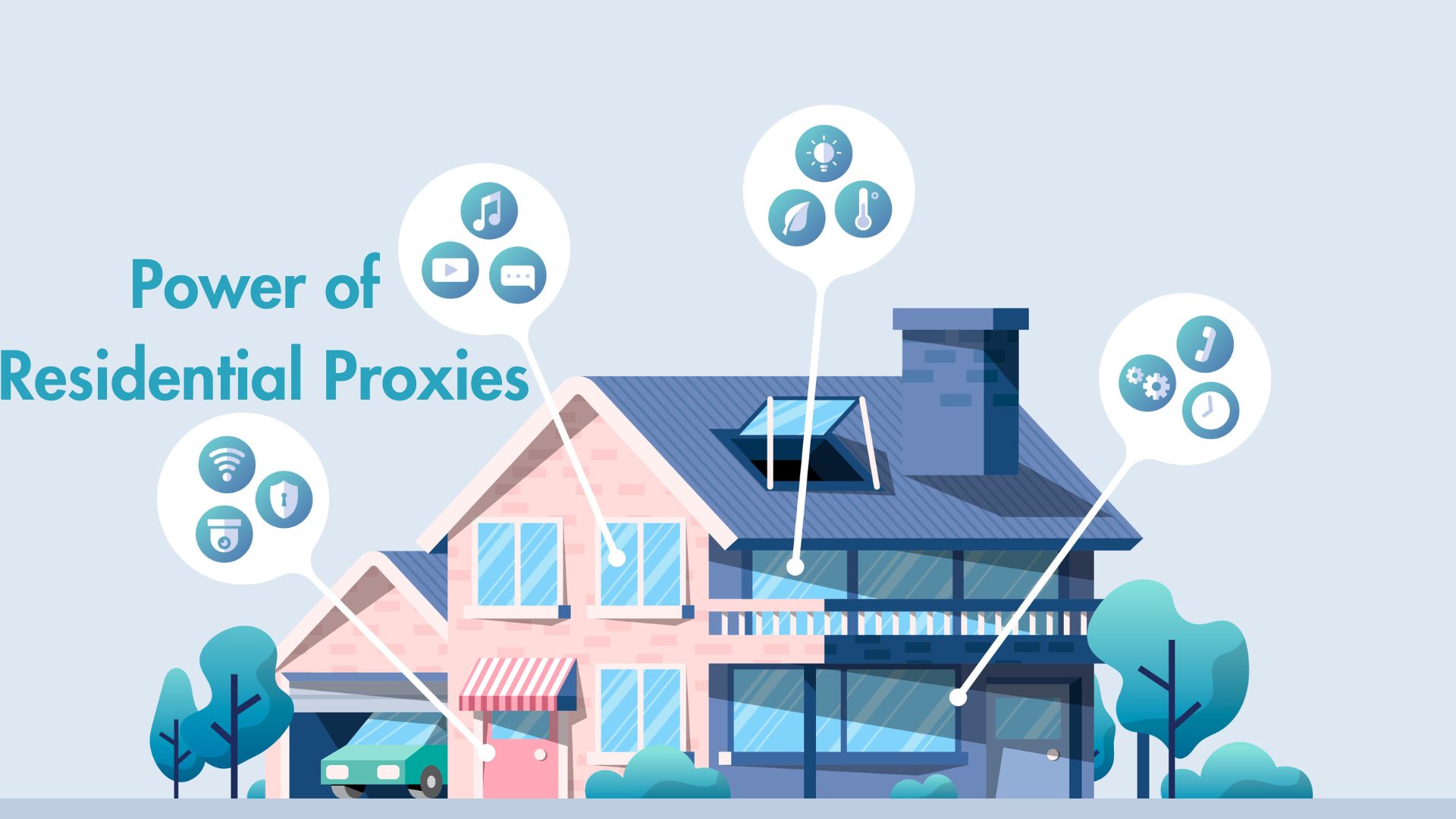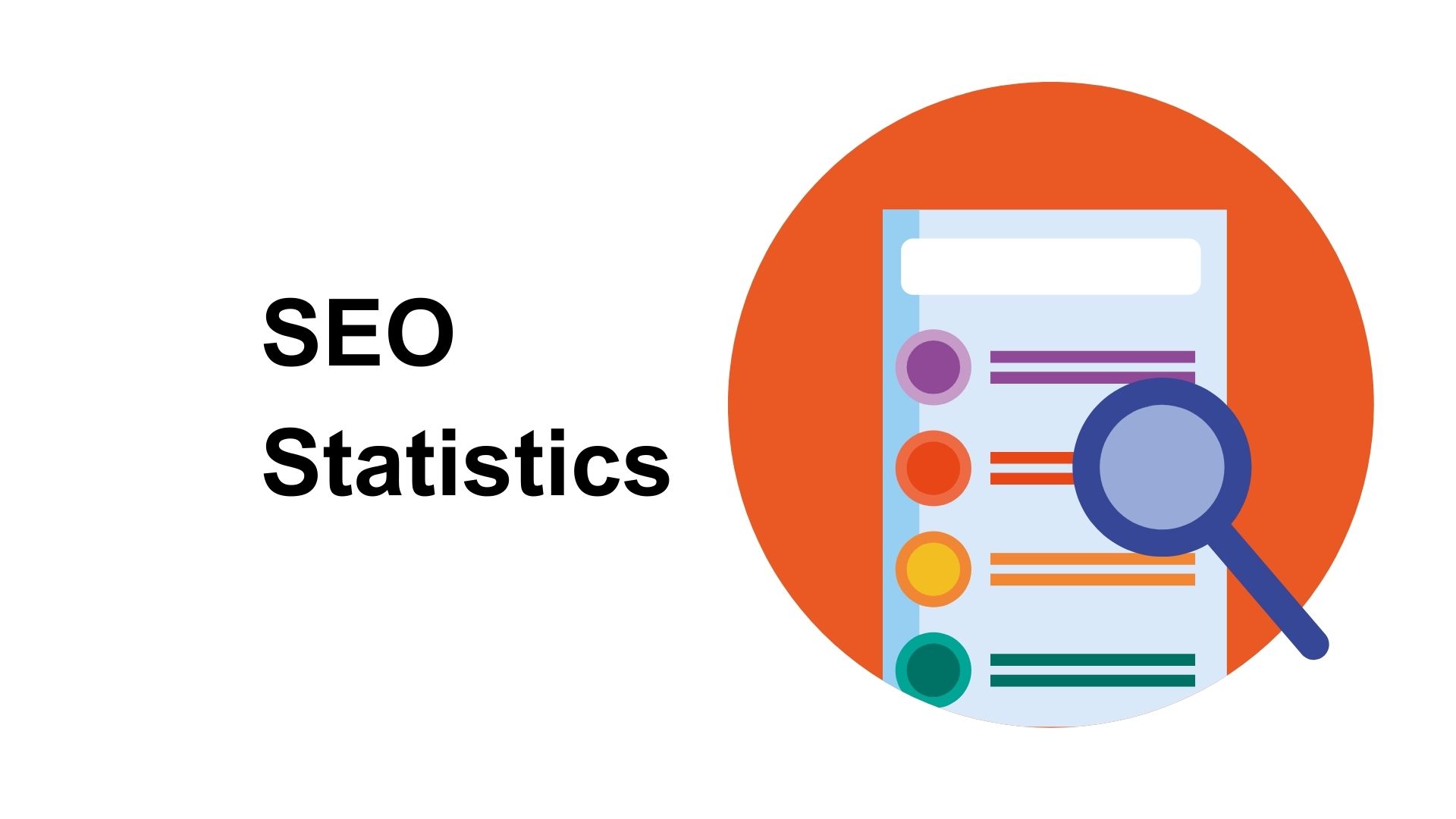Redefining Internet Freedom: Unveiling the Power of Residential Proxies

Page Contents
As the digital era continues to expand, the concept of privacy and security online has come under increasing scrutiny. This heightened consciousness towards cybersecurity has ignited an interest in an often-overlooked technology – residential proxies. Primarily recognized as tools of the IT trade, residential proxies are set to transform into a necessity for the standard internet user, given the array of benefits they offer.
A residential proxy, or a ‘smart proxy,' serves as an intermediary for users, providing an alternate IP address that veils the actual IP of the user. The implications of this are profound, from secured connections and bypassing geographic restrictions to accessing a wider range of content online.
Unlocking the Potential of Smart Proxies
Smart proxies have been circulating in the IT-sphere for quite some time. However, they have often been associated with fraudulent activities or suspicious use cases. Despite this perception, the true utility of these proxies lies in their legitimate uses.
One such legitimate use is fortifying internet privacy. Today, Internet Service Providers (ISPs), corporations, and even government entities are interested in tracking users' online activities. A smart proxy can help counteract this intrusion by operating as a middleman, protecting user data, and preserving anonymity online.
Furthermore, smart proxies also contribute to safer cyberspace by shielding against cyberattacks. Since they cloak the user's IP address, they effectively become a defense mechanism against hackers trying to access personal data.
Beyond privacy and security, smart proxies also enhance internet accessibility. Several countries impose restrictions on certain websites for a variety of reasons. Using a smart proxy can provide an IP address from a region without these limitations, thus enabling users to gain access to otherwise blocked content.
The Evolution of Proxy Technology
Originating as a tool for website caching in the 1970s, proxies have undergone a significant transformation over the years. From their primitive, single connection-sharing servers, they have matured into the contemporary, complex smart proxies we know today, offering superior safety and performance. As technology continues to progress, so does the evolution of smart proxies, with future advancements expected to further refine their speed, agility, and utility for users.
Choosing Your Residential Proxy Provider: What to Consider
When seeking a residential proxy provider, there are several key considerations to bear in mind:
- Proxy Network Size and Quality: A large and diverse network ensures more IP addresses, locations, and access to region-specific content, thereby reducing the risk of IP blocking or detection.
- Speed and Reliability: Slow or unreliable proxies can adversely affect online activities. It's essential to choose providers offering high connection speeds and low latency.
- Pricing Plans and Options: Compare the pricing with the features and quality of service provided to ensure you receive value for your investment.
- Customer Support and Reputation: A provider that values customer satisfaction and promptly addresses issues is crucial. Research reviews, testimonials, and forum discussions to gauge the experiences of other users.
- Compatibility and Integration: Ensure the proxies are compatible with the applications, platforms, and tools you plan to use, such as web scraping tools or social media management platforms.
The Future of Residential Proxies
The residential proxy landscape is continually evolving, with emerging trends shaping their usage. The demand for residential proxies is projected to increase as more businesses and individuals rely on data-driven decision-making and online automation.
Innovations in proxy technology are expected to cater to these evolving needs, with advancements in proxy rotation methods, session management, and IP fingerprinting techniques. As providers strive to enhance the user experience, we will also see a focus on integration with APIs and automation tools.
Moreover, the evolving landscape of privacy regulations globally will require residential proxy providers to adapt to ensure compliance and user protection, offering transparent data handling practices and robust privacy policies.
Conclusion
The power of residential proxies extends beyond IT professionals, providing an array of benefits for the average internet user. As cybersecurity becomes increasingly critical in our interconnected world, the importance of these proxies will only continue to grow, making them a key player in defining internet freedom.

Sean Michael is a writer who focuses on innovation and how science and technology intersect with industry, technology Wordpress, VMware Salesforce, And Application tech. TechCrunch Europas shortlisted her for the best tech journalist award. She enjoys finding stories that open people's eyes. She graduated from the University of California.


